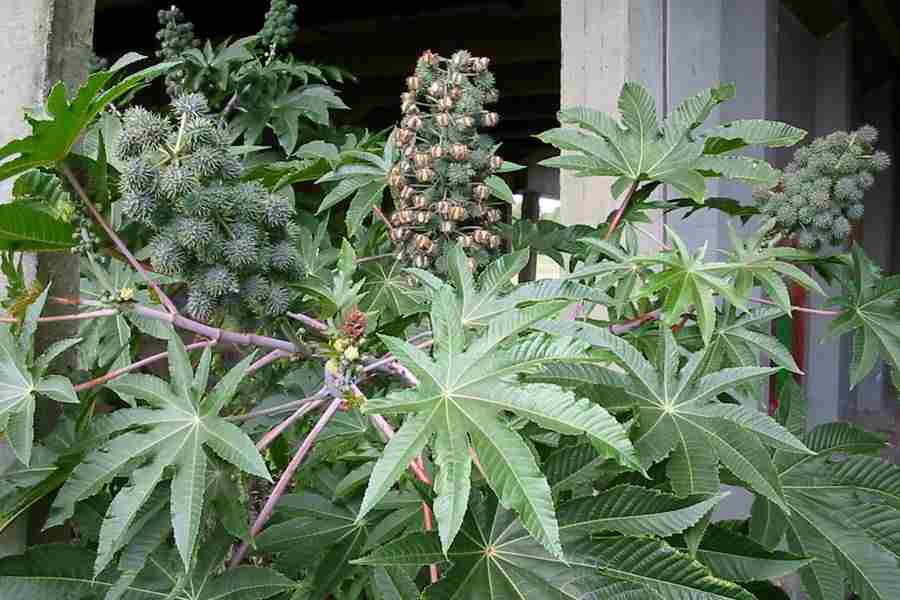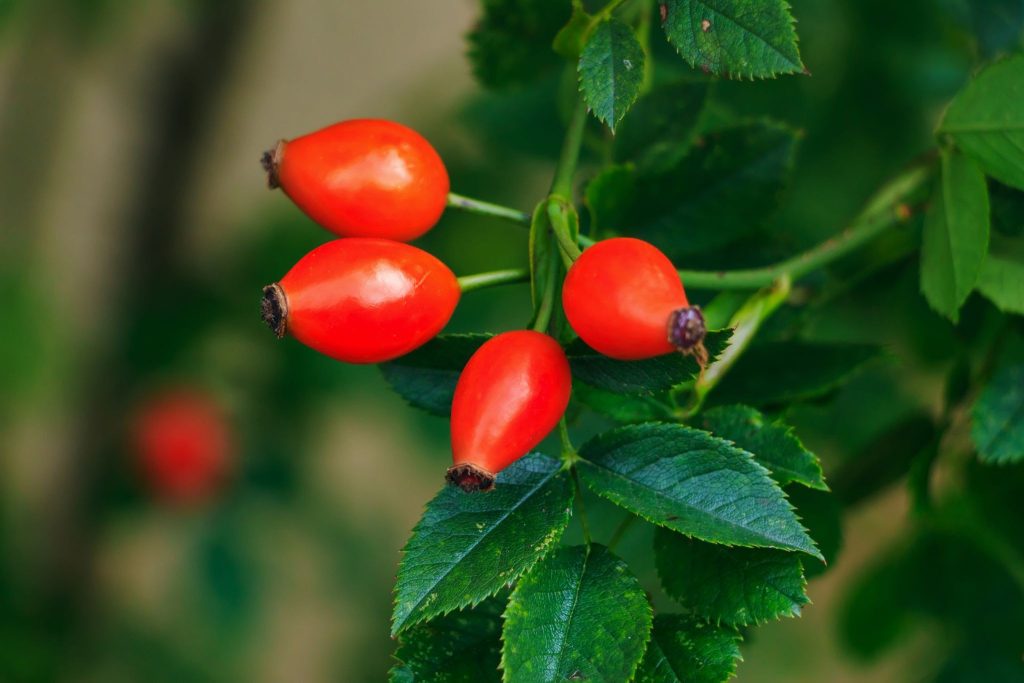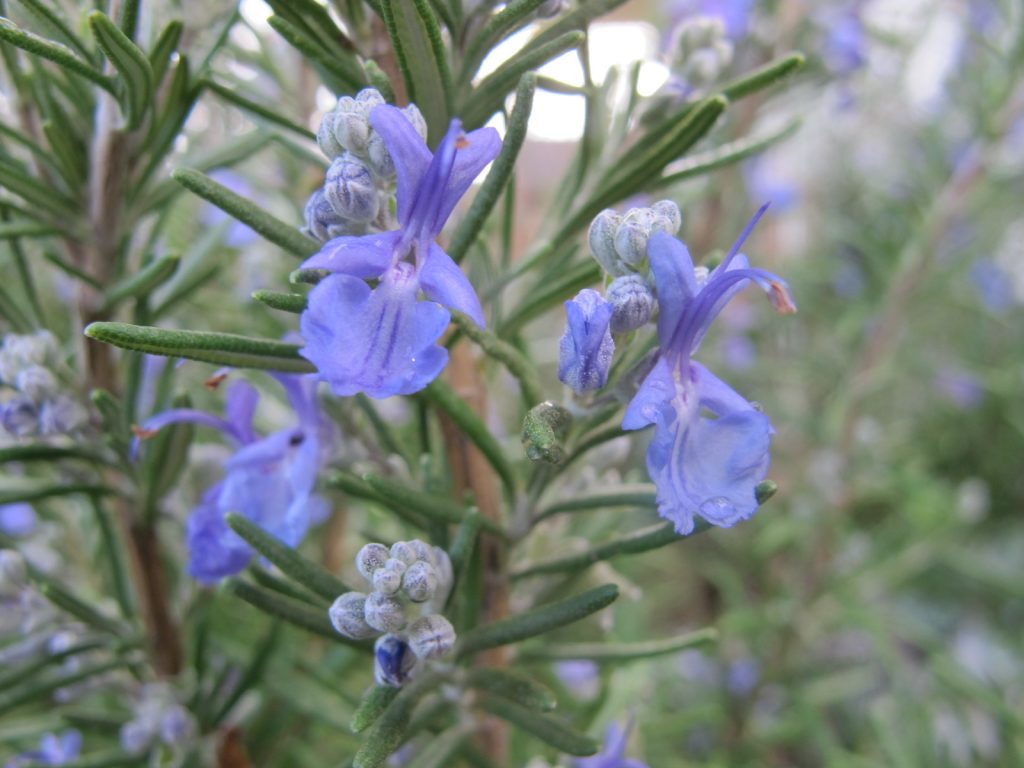
Ricinus
Ricinus, castor oil plant, is a species of perennial flowering plant in the spurge family, Euphorbiaceae. Castor seeds have been found in Egyptian tombs dating back to 4000 BC; the slow-burning oil was mostly used to fuel lamps. Herodotus and other Greek travellers noted the use of castor seed oil for lighting, body ointments, and improving hair growth and texture. Cleopatra is reputed to have used it to brighten the whites of her eyes. The Ebers Papyrus is an ancient Egyptian medical treatise believed to date from 1552 BC. Translated in 1872, it describes castor oil as a laxative. The use of castor bean oil (eranda) in India has been documented since 2000 BC in lamps and in local medicine as a laxative, purgative, and cathartic. Traditional Ayurvedic and siddha medicine considers castor oil the king of medicinals for curing arthritic diseases. It is regularly given to children to treat infections with parasitic worms. Modern medical research suggests the purgative action induced by castor oil helps clear intestines of parasites

Rosehip
The rose hip, is the accessory fruit of the various species of rose plant. It is typically red to orange, but ranges from dark purple to black in some species. Wild rose hip fruits are particularly rich in vitamin C, containing 426 mg per 100 g or 0.4% by weight (w/w). However, RP-HPLC assays of fresh rose hips and several commercially available products revealed a wide range of L-ascorbic acid (vitamin C) content, ranging from 0.03 to 1.3%. Rose hips contain the carotenoids beta-carotene, lutein, zeaxanthin and lycopene, which are under basic research for a variety of potential biological roles.Use of rose hips is not considered an effective treatment for knee osteoarthritis.

Rosemary
Rosemary is a popular evergreen shrub that is native to the Mediterranean and used in cooking all over the world. Its leaves can be eaten fresh or dried, and it is popularly consumed as a tea or infused oil. Rosemary is a rich source of antioxidants and anti-inflammatory compounds, which are thought to help boost the immune system and improve blood circulation. Laboratory studies have shown rosemary to be rich in antioxidants, which play an important role in neutralizing harmful particles called free radicals.




